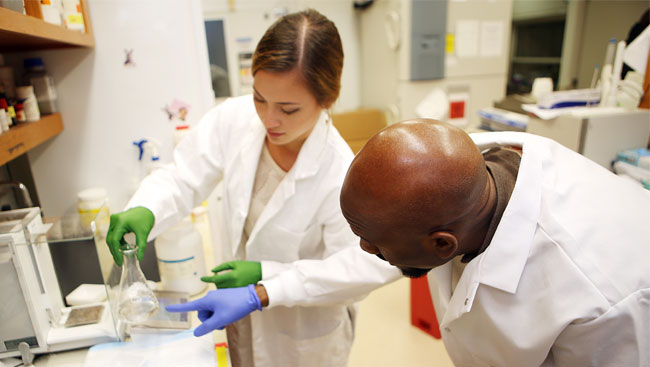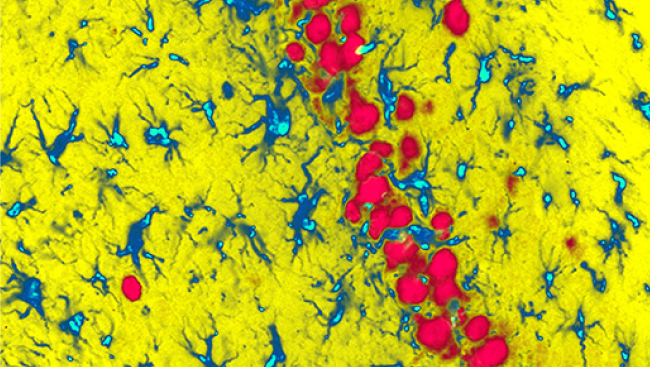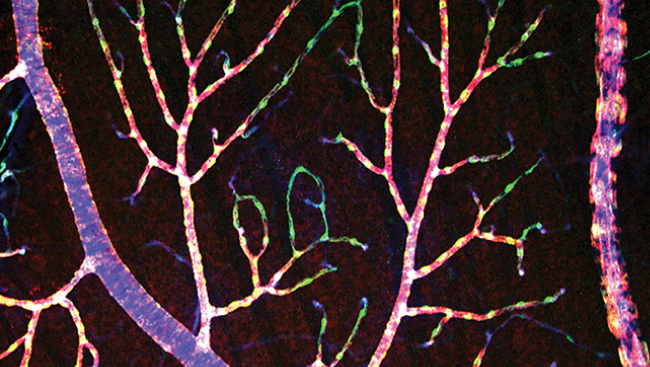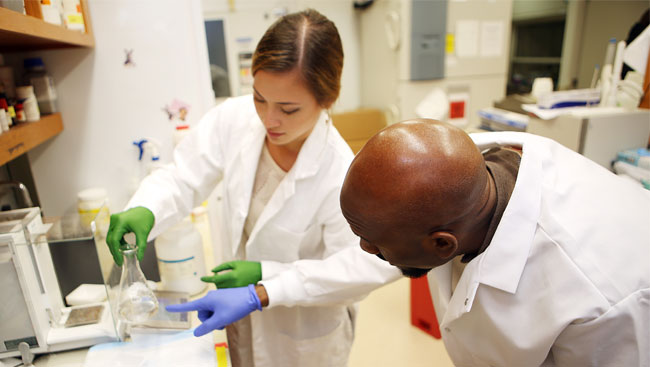-
 What a Rigorous Experiment Entails
What a Rigorous Experiment EntailsScientific rigor broadly means good experimental practice. It means that other people can replicate your work and understand exactly what you did in the course of your experiments.
-
 The Need for Rigorous Science
The Need for Rigorous ScienceWhat does it mean to conduct rigorous science? This video explores the key elements: replicability, experimental design and bias, data analysis protocols, and data management and reporting. Watch to learn why these topics are important and how to incorporate best practices into your everyday research.
-
 Scientific Rigor and the Quest for Truth
Scientific Rigor and the Quest for TruthScientific rigor means implementing the highest standards and best practices of the scientific method and applying those to one’s research. It is all about discovering the truth.
Scientific rigor involves minimizing bias in subject selection and data analysis. It is about determining the appropriate sample size for your study so that you have sufficient statistical power to be more confident about whether you are generating false positives or missing out on false negatives. It’s about conducting research that has a good chance of being replicated in your own lab and other laboratories.
-
 Tackling Challenges in Scientific Rigor: The (Sometimes) Messy Reality of Science
Tackling Challenges in Scientific Rigor: The (Sometimes) Messy Reality of ScienceThis workshop explores practical examples of the challenges and solutions in conducting rigorous science from the real-life examples of neuroscientists at various career stages.
-
 Resources to Help You Look at Scientific Rigor From Many Angles
Resources to Help You Look at Scientific Rigor From Many AnglesLiterature focused on scientific rigor is ever-growing. In addition to the resources found in the Promoting Awareness and Knowledge to Enhance Scientific Rigor in Neuroscience collection, the articles below can help you explore various issues, solutions, and approaches to implement high standards of scientific rigor in your research.
-
 Improving Experimental Rigor and Enhancing Data Reproducibility in Neuroscience
Improving Experimental Rigor and Enhancing Data Reproducibility in NeuroscienceThe topics of scientific rigor and data reproducibility have been increasingly covered in the scientific and mainstream media, and are being addressed by publishers, professional organizations, and funding agencies, including NIH. This webinar — the first in a series titled Promoting Awareness and Knowledge to Enhance Scientific Rigor in Neuroscience— will address topics of scientific rigor as they pertain to pre-clinical neuroscience research.
Webinar attendees will leave the session with:- A better understanding of the issues surrounding scientific rigor and the lack of data reproducibility in basic neuroscience research
- Example best practices for designing pre-clinical experiments and planning for data collection
- An overview of the new grant sections required by the NIH to address issues of experimental rigor and data reproducibility
Explore the key tenets, best practices, and other considerations, such as those related to funding, to learn what it means to conduct rigorous and reproducible neuroscience research. Visit SfN’s Promoting Awareness and Knowledge to Enhance Scientific Rigor in Neuroscience collection for more resources.

















